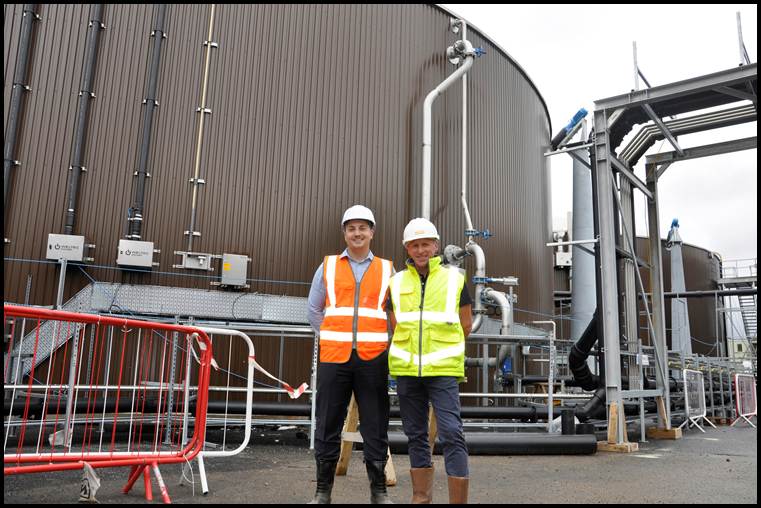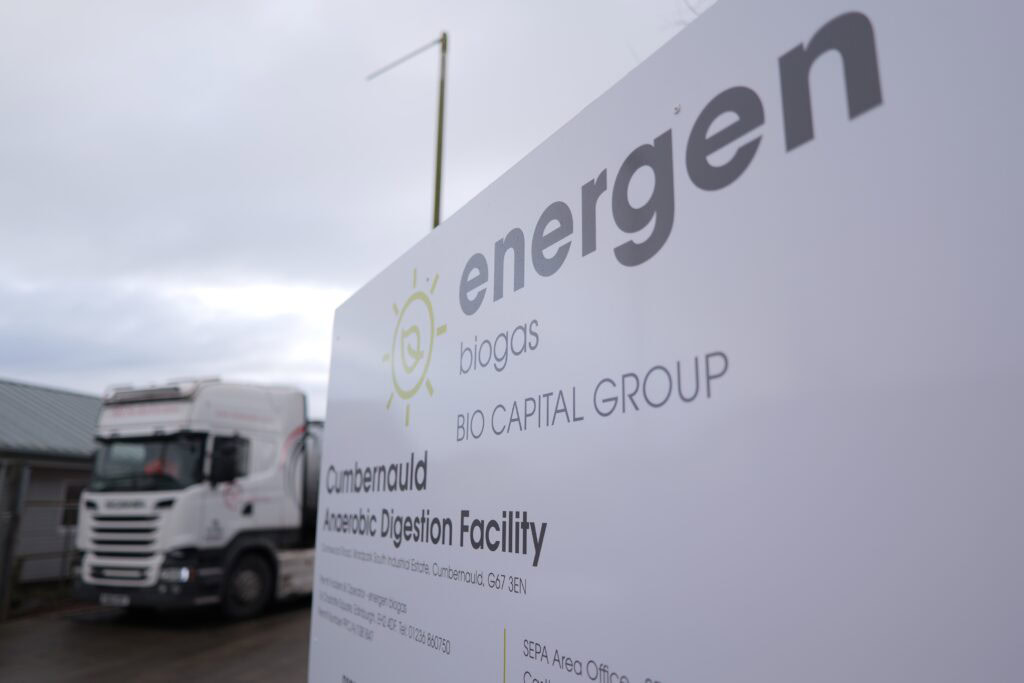Defra has written to composting companies to inform them that planned changes to the composting exemption included in the 2005 waste management licensing regulations will not now come into force.
Instead, the existing composting exemption in the Waste Management Licensing Regulations 1994 “will continue to apply until further notice and establishments and undertakings will not be charged for registering the exemption”.
Essentially, the state of play for smaller composters will remain the same as it has been, Defra has explained.
In the letter, Sally Kendall of Defra's licensing and enforcement unit said the exemption had been removed to “further assess the environmental impact of composting and to develop a risk-based approach to regulation, particularly in the community composting sector.”
Concern
However, a significant element in Defra's change of mind has been the concern that new charges for community composters to register their sites as exempt from the need to hold a waste management licence could hit composting rates.
Local Environment Minister Ben Bradshaw said: “Increasing the amount of organic waste composted is one of our key objectives; as such we want to encourage the growth of the community composting sector.”
Defra's original plans had been that community groups processing more than 5 tonnes of waste at any one time must pay 252 a year to register their exempt status with the Environment Agency. Those processing from 50 tonnes to 400 tonnes of material at any one time would have been charged about 456 a year for registering an exemption. The Community Composting Network had advised its members not to pay the fees in protest (see letsrecycle.com story).
The latest announcement from Defra has received a mixed response from community composters, for although it means the scrapping of exemption fees, it also means import/export criteria for compost will remain in place.
This criteria states that a site composting material from a number of sources can only use the finished product at the same site it is composted on. Community groups were hoping amendments would be made so that they could sell-on or distribute this compost more freely.
Nick McCallister, co-ordinator of the Community Composting Network, said: “We are very pleased Defra has decided to put a stop to the prohibitive charges. But it is a shame they have decided to keep the import/export criteria and hence still viewing us as a potential risk.”
Assessment
The state of play for exemptions on composting will remain until further assessment of the environmental impact of composting is complete, with Mr Bradshaw saying there was a “real need” for such research.
The minister said: “Composting does pose a risk to the environment and human health. We have therefore decided to reconsider this exemption for composting to ensure that the revised controls reduce this risk, whilst fulfilling our aim of encouraging composting.”
A Defra spokesman told letsrecycle.com: “Over the next couple of months we will be looking at the environmental risks with respect to composting, and at the ability of smaller sites to pay the charges.”
Planned changes to licensing exemptions for other materials – sewage treatment, sewage storage, reclamation, dunnage and spreading industrial waste on land – remain unaffected, and come into force today.
Those now unsure of how they are affected by Defra's change of mind should not hesitate in contacting their local Environment Agency office, the Department said.







Subscribe for free